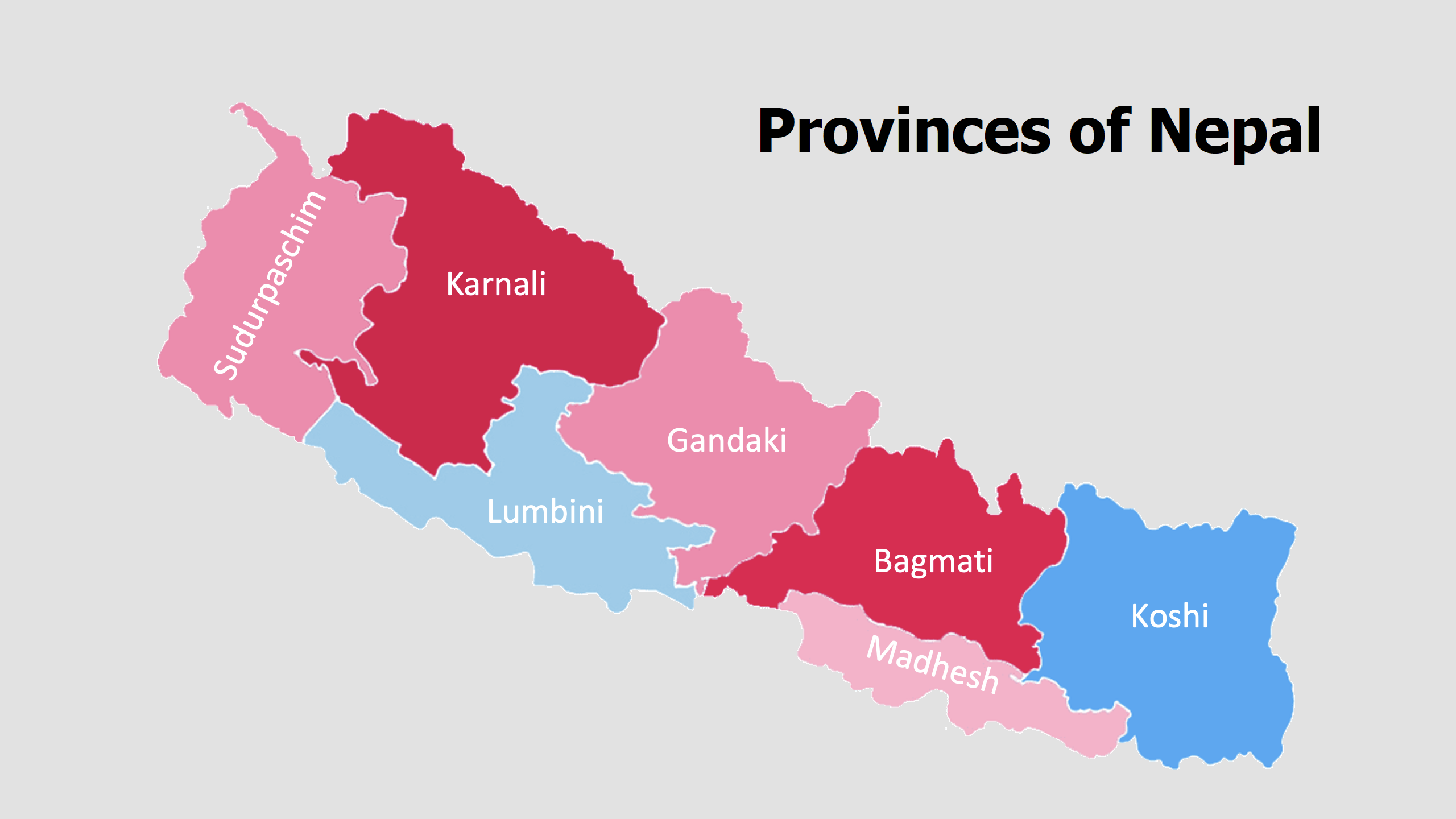
Provincial Budgets Align with Federal Priorities in Education
The federal government emphasized key issues in education through its FY 2082/83 budget, including teacher management in community schools, integration of information technology in learning, teacher position reviews, establishment of model schools, school mergers, and the concept of large-scale schools.
Provinces Reflect Federal Education Agenda
Provincial governments have followed suit by incorporating these priorities into their own FY 2082/83 budgets presented on Sunday.
Karnali Province
In the budget presented by Finance and Planning Minister Rajiv Bikram Shah:
-
The physical infrastructure of 390 schools will be improved.
-
Under the “One Constituency, One School” model, large residential schools will be developed in partnership with local governments.
-
A digital learning support program for Grade 10 SEE students will be launched.
-
Grants will be allocated to community schools with high student–teacher ratios to manage English, Mathematics, and Science teachers.
Bagmati Province
In the budget presented by Minister for Economic Affairs and Planning Kundan Raj Kafle:
-
Ongoing residential school programs will continue.
-
Emphasis will be placed on modern, quality education to produce capable and entrepreneurial human capital.
-
Access to education for children from Jirel, Surel, Thami, Chepang, Majhi, and Danuwar communities will be expanded.
-
Moral education will be promoted at the school level.
-
Technology-friendly vocational education programs will be implemented.
Gandaki Province
Minister of Economic Affairs Takaraj Gurung’s budget includes:
-
Expansion of BIG and LEAD schools, as well as residential schools, in partnership with local governments.
-
Continued programs for parental education, educational awareness, talent identification, and teacher professional development.
-
Priority for programs like “Earn and Learn” in schools with general and technical streams.
Lumbini Province
As per Finance Minister Dhanendra Karki’s budget:
-
Utilization of the knowledge, skills, and experience of retired professors and teachers in educational enhancement.
-
A teacher incentive program to improve Mathematics and Science performance.
-
Expansion of STEM (Science, Technology, Engineering, Mathematics) education.
-
Implementation of research fellowship programs in higher education.
-
Programs supporting the motto: “Study, Learn, Earn, and Acquire Skills with Education.”
Madhesh Province
In the budget presented by Finance Minister Sunil Kumar Yadav:
-
Launch of a volunteer teacher program.
-
Allocation of funds for structural improvements in schools across all eight districts of the province.
-
Budget for administrative and physical improvements in universities under Madhesh Province.
Koshi Province
According to Finance and Planning Minister Ram Bahadur Magar:
-
Strengthening of school infrastructure in the Himalayan and hilly areas.
-
Construction of residential schools.
-
Development of Nijamati Residential School, Dhankuta, as a model institution.
-
Promotion of child-friendly school management, technology-based teaching, and support for merged schools.
-
Continuation of the “Earn While You Learn” program.
-
Extension of the volunteer science teacher program in schools without permanent staff.
-
Budget allocation for infrastructure and management reforms at Manmohan Technical University, including provisions for study, teaching, and research in medical sciences.
Sudurpaschim Province
In the budget presented by Finance Minister Bahadur Singh Thapa:
-
Development of one model secondary school in each of the 32 provincial constituencies.
-
Each local level will establish an Early Childhood Development Center with educational materials and teacher training.
-
Priority for hostels to support education for children with disabilities and orphans.
-
One campus with the highest student enrollment in each district will be developed as a model campus.


